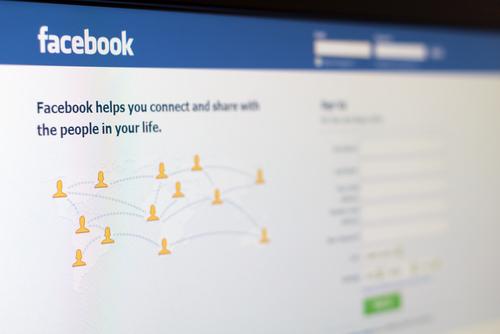Is the Internet the End of the University?

What’s the Latest Development?
Open Educational Resources, or OER, are becoming increasingly popular as some of the nation’s most prestigious universities have moved to make their courses available online and for free. A global group of universities called the Open Course Ware Consortium is devoted to expanding the amount of “free, openly licensed educational material on the Internet.” Currently, there are over 21,000 college courses available online, nearly half of them in a language other than English. The US Department of Education is currently sponsoring a $25,000 contest to produce the best video that explains the benefits of OER.
What’s the Big Idea?
Anka Mulder, president of the Open Course Ware Consortium, says universities no longer hold monopolies on knowledge given to them by the combination of libraries and the printing press. The rise of free online course material, which many universities are actively promoting, also represents a financial risk. ‘If you don’t ‘close’ education in certain ways then you are out of business,’ said Fred Mulder, a Dutch professor of OER. But live instruction is still crucial, says Mulder: ‘OER is not education. It’s only content. It becomes learning when you have good teaching.’
Photo credit: shutterstock.com





